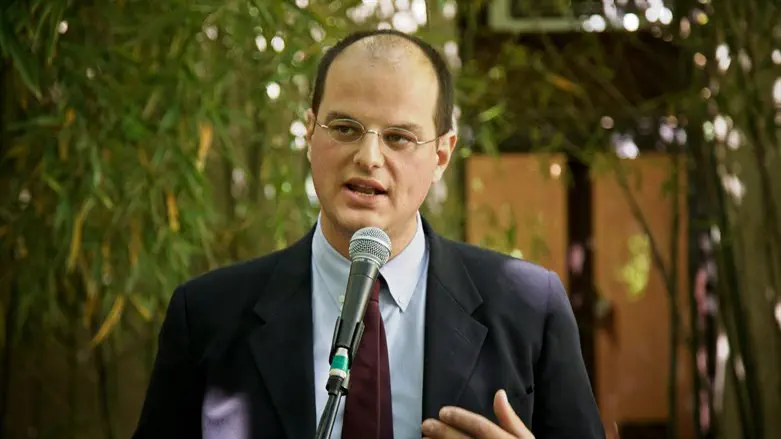
On the cover there is the dark night of the African continent and the illuminated one of the European Eldorado. The great "taboo" of our time, explained Smith to Le Figaro. A former analyst for the United Nations and the International Crisis Group, Smith was a correspondent from Africa for Libération and Le Monde - two left-wing newspapers - and now teaches in America at Duke University.
The title of Smith's new article that appeared this week in Nouvelles de France is chilling: "What if Africa floods us?". It is the greatest change in population, culture, religion, and society ever experienced in history.
Thirty years ago, sub-Saharan Africa had 490 million inhabitants and only 4 percent of immigrants to France came from the south of the Sahara. Since 1980, sub-Saharan immigration has been the most “dynamic” of all origins. Today, according to the National Statistics Institute, 18.3 percent of immigrants to France come from the south of the Sahara. Also according to the Institute, between 2008 and 2018, 800,000 sub-Saharanians were added to the population of foreign origin in France, with an increase of 68 percent for a total of 1.9 million inhabitants of sub-Saharan origin in France.
In thirty years, according to the projection made by the UN, sub-Saharan Africa will have more than 2 billion inhabitants. Of this number, four times higher than in 1990, the share of migrants leaving the African continent will continue to increase. In the 1970s, fewer than one in ten African migrants left Africa to settle in another part of the world; today, three out of ten change continents, half of them to come to Europe. By 2050, four to five in ten will seek a better life elsewhere, so the pool of potential migrants will quadruple.
Unless you are an unfailing Afro-pessimist, the rise in sub-Saharan immigration is the most plausible future scenario. "Because Sub-Saharan Africa will continue to improve its standard of living and, therefore, the number of people with sufficient means to migrate will increase” Smith explains.
"Currently, depending on the starting point, the savings needed to be able to leave for Europe are between 2,500 and 3,500 euros. A considerable figure in a part of the world where the annual per capita income is around 1,500 euros. But this threshold will be lowered. More and more sub-Saharanians will be able to afford it.
"Since the publication of Escape in Europe six years ago, the hierophants of demographics have made people believe that my book was science fiction fueled by political ulterior motives. To do this, they not only ignore the subtitle of the book (Young Africa traveling to the Old Continent) but they go so far as to deny the past. However, whether we welcome it or complain about it, the African race is part of the continuity, and France, like Theseus' boat, continues to change composition.
"Today more than 2 million Sub-Saharanians live in France, most of them in Ile-de-France. A century ago, in 1926, according to official figures there were 2,580, of which 793 were in Paris,” Smith concludes.
Europe has only two choices: to allow itself to be flooded or to build a dam.